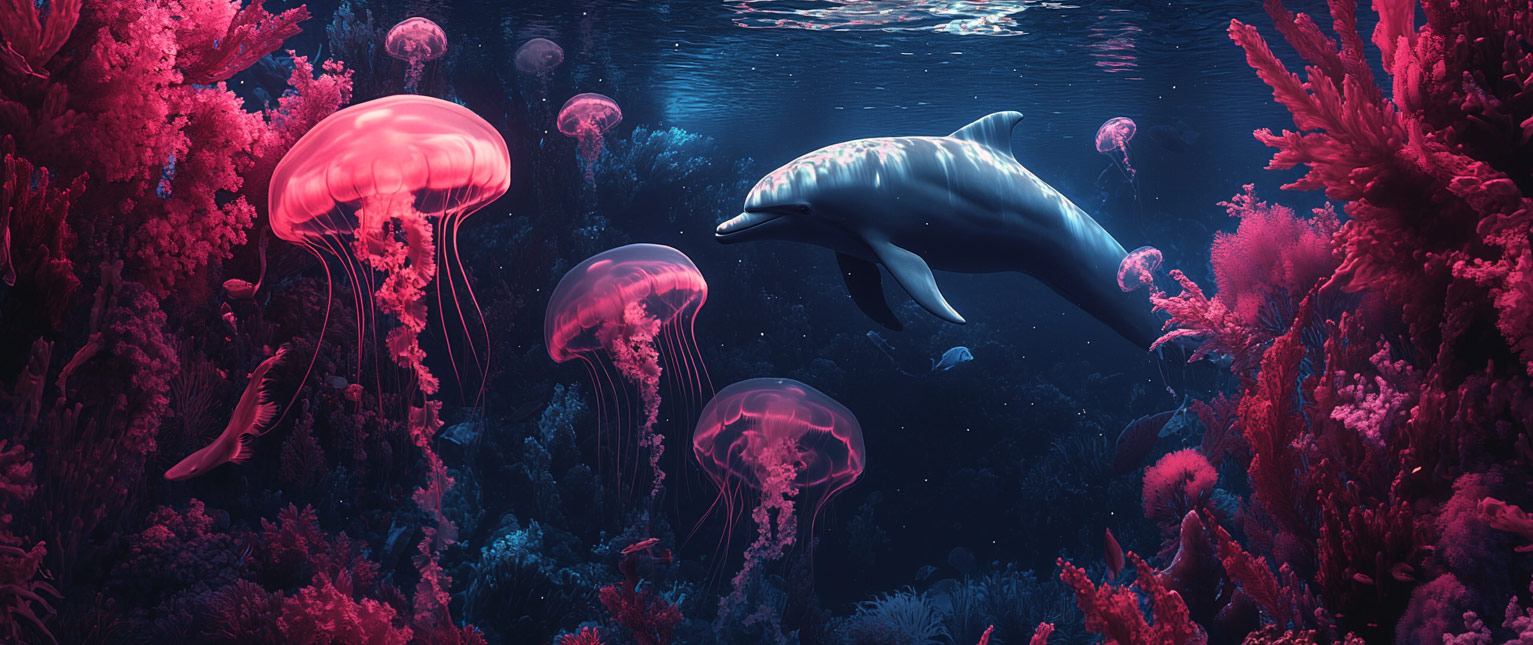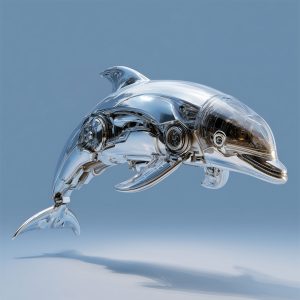Short Answer: The Immortal Jellyfish: Nature’s Ageless Wonder
The Turritopsis dohrnii, a species of jellyfish discovered in the Mediterranean Sea, is truly one of a kind. Unlike most animals that age and eventually die, this jellyfish has a unique ability: it can revert to its earlier polyp stage when faced with stress, injury, or old age. This “biological reset” allows it to start its life cycle anew, making it potentially immortal under the right conditions.
Key Facts About the Immortal Jellyfish:
- Size: It measures only about 4.5 mm in diameter, smaller than a pinky nail.
- Habitat: Found in oceans worldwide, though primarily in warm, tropical waters.
- Reproduction: Starts life as a free-swimming larva before attaching to a surface and growing into a colony of polyps.
While this does not mean the jellyfish is completely immune to predation or environmental threats, its ability to avoid death due to aging is an incredible feat of nature.
Do Dolphins Eat the Immortal Jellyfish?
Dolphins, some of the smartest marine animals, are known for their diverse diets, which include fish, squid, and various species of jellyfish. However, their interaction with Turritopsis dohrnii is limited. The immortal jellyfish’s tiny size and relatively low abundance make it less of a target for these marine mammals.
When dolphins do encounter jellyfish, it’s more likely to be larger species. Interestingly, dolphins have developed a unique behavior when dealing with jellyfish—some use them as toys, nudging them through the water, while carefully avoiding venomous tentacles.
Surprising Connections Between Dolphins and Jellyfish
Though dolphins and the immortal jellyfish may not have direct predator-prey relationships, their ecosystems often overlap. Here are some fascinating tie-ins:
- Ecosystem Interactions: Both dolphins and jellyfish are crucial players in marine food chains. Dolphins often control fish populations, while jellyfish play a role in consuming plankton and serving as food for other creatures.
- Behavioral Curiosity: Dolphins are known for their playful behavior and intelligence. In some cases, they use jellyfish not as food but as part of their playful activities.
- Research Opportunities: Studying both dolphins and the immortal jellyfish offers valuable insights into marine biology, longevity, and animal behavior. Dolphins’ cognitive abilities and jellyfish’s regenerative capabilities are key areas of interest for scientists.
What We Can Learn From the Immortal Jellyfish
The Turritopsis dohrnii is more than just a fascinating anomaly in the animal kingdom—it’s also a source of inspiration for scientific research. Understanding how this jellyfish resets its life cycle could provide breakthroughs in aging, regenerative medicine, and cellular biology.
Scientists are particularly interested in the role of transdifferentiation, a process where one type of cell transforms into another. While this may seem far removed from human biology, studying such mechanisms could lead to medical advances in combating age-related diseases or promoting tissue regeneration.
Closing Thoughts: Timeless Lessons from the Ocean
Nature never ceases to amaze us, and the story of the immortal jellyfish is a testament to life’s incredible diversity and resilience. While we may not be able to replicate its ageless existence, this tiny creature has much to teach us about survival, adaptability, and the mysteries of life beneath the waves.
So, next time you gaze out at the ocean, remember the extraordinary lives that unfold beneath its surface—including one small jellyfish that just might hold the key to eternity.












